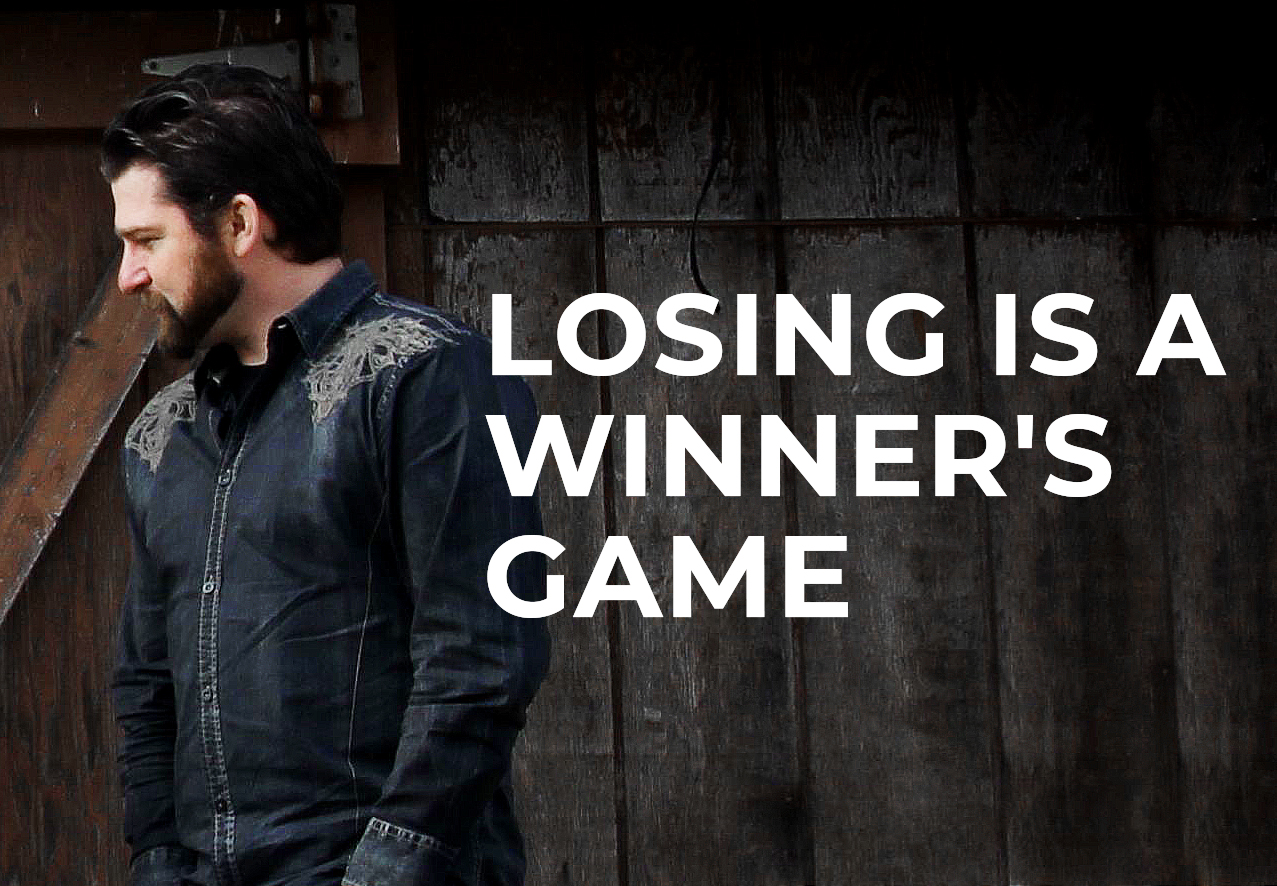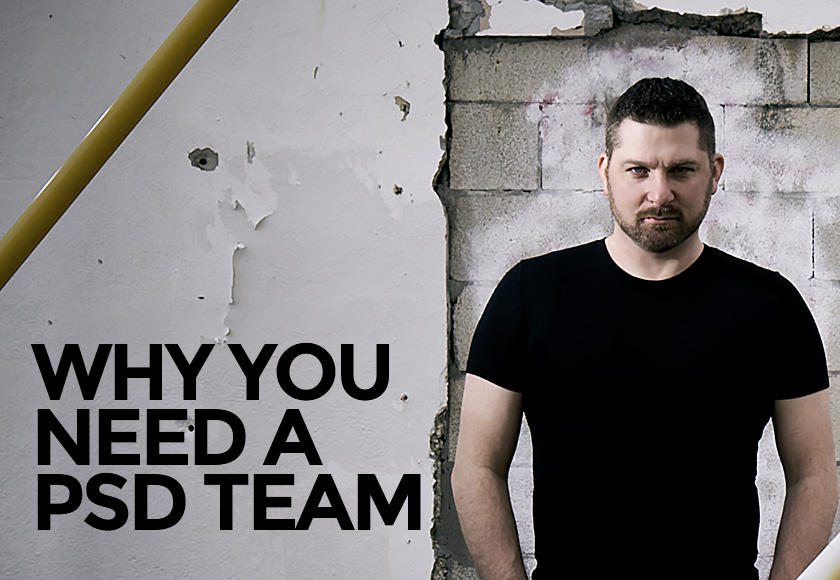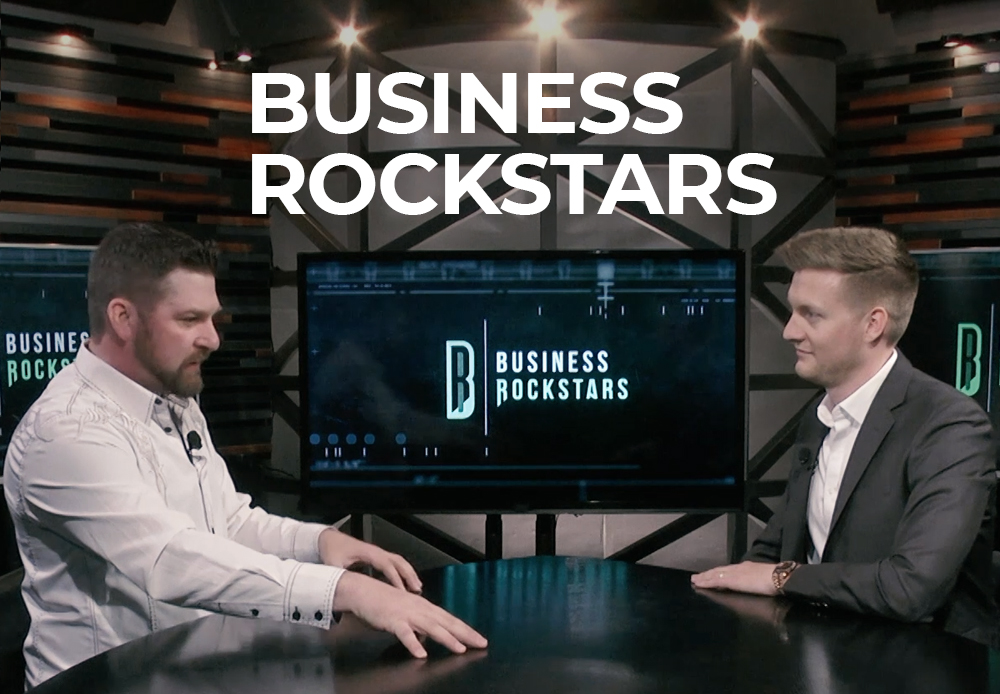LOSING IS A WINNER’S GAME

- Business, Entrepreneur
Over the years of my military, and subsequent entrepreneurial career, I have learned one thing is the absolute truth: You can’t win ‘em all.
Winning is a funny word in that it implies zero losses. However, this is almost never the case. You will have losses and you must plan accordingly. Although not popular in many circles, “acceptable loss” is the true measure of how badly you want/need the desired end state.
Winning should always be the goal. If you start out any mission with the mindset that you can’t win, or that you shouldn’t be playing the game, you will lose. In those moments, you didn’t give yourself a fighting chance to be a winner.
For example, think of a sport – any sport. A team or player can win the final game or make the final score, but that doesn’t mean they played a flawless game. A team can even be the season champion, but that almost never means they won every game or match. In fact, most games are won by identifying, adjusting and capitalizing on the mistakes of not only your opponent but also your own team.
Winning is not exclusive to a tally of points. I have changed my personal definition on the philosophy of winning in many ways over the years. For most people, especially winners and the highly competitive, winning is about the scoreboard of the game they are playing at that moment. But, I have come to realize this is not the case for the biggest players. The elites don’t keep score the same way as others.
Finding Your Personal Level of Competition
Don’t take this intro to mean that I don’t like winning. I am a winner. I will go to great lengths to win. I am highly competitive. But, not like you may think. Competition is a real thing in business. But, not like you may think.
In the military, the expression is “train like you fight”. Meaning, every practice gets the same attention, skill, and effort as if it were the real thing.
A few decades ago, I realized during a shooting event on a range day that I was competing in the wrong way. I was competing with other Marines and their score. I was in first place but my score was not nearly as good as my average over the past month or so. I couldn’t figure out what was happening. I wasn’t nervous, I was well rested and the weather was in my favor. I took a seat on the spotter’s bench between the next round…
And it hit me like a ton of bricks. Right in the face at terminal velocity.
I was competing with their score cards. I was mentally doing just enough to win, and therefore I was certainly not at my best level.
I went back to my shooting mat and laid down in the prone position with the mental picture of my target from a few days before. I didn’t drop a single shot out of the black for the remainder of the event. I went on to win the event, but inside I knew I could have done better if I had started the day better.
That day I changed my entire mindset on competition. My biggest competition is me. If I beat my best self, I will change the world.
If I can be better today than I was yesterday by even a fraction of a percent, I am becoming a better person.
Competitor’s Edge
Business is no different. Setting your entire attention on “competitors”, as in competing companies, most of the time is a lack of focus on your part.
I’m not saying that you never check in to see what they’re doing, or that you lose touch with an industry. I’m simply making it clear that you must strive to keep your focus on your own mission and goals.
Just remember, the “Competitor’s Edge” can cut both ways. The company you think is your competition may be trying to head in a different direction than you. They may be financially burdened in a way you can’t see from the outside. They may be ultimately trying to copy you, which means you‘re actually chasing your own tail.
Instead, focus on being the leader in your industry. Ask yourself: Where are the gaps in services and products that I offer to my clients? What can I do to make their experience better?
Be the industry leader that everyone wants to follow.
The only way to do that is to innovate.
There is a Time to
be a Copy CatEmulate
There is no reason to reinvent the wheel as part of your innovations in certain areas of business. In fact, there are many times that I use what others have done to fast forward my learning curve in a new area of business.
For anything in printed form there is probably a template. That doesn’t mean that I copy/paste all of their material and send it out as my own. I can usually detect “how” they created a particular pattern or flow to the material and I can use that to accomplish the same thing in my own words.
For any job requiring manual labor, I research how other companies perform the task and look for the gaps or inefficiencies. I simply apply automations or machines to speed the process.
For anything related to products, I determine their market share and evaluate their effectiveness to deliver the goods at their publicly displayed retail price. Then, I negotiate better deals with manufacturers and shipping services. I can market better. I can set up a better funnel or buy more traffic.
The point is, I can look at any business and emulate where they are doing well in the market, and at the same time, pick apart the holes in their model and fill them within my own business.
This is the fast track to market, in any area of business.
Taking the Losses Like a Champ
I’m a sore loser, but not like you may think.
I’m sore not because I lost, but because I gave everything I had in those moments. I held nothing back.
You see, the key to losing like a champ is simple: Learn something from each loss.
Each loss should act as a table of contents to all the ways it didn’t work.
Warren Buffett knows that growing at a massive scale is a game of math. He can lose millions in a single day, and not feel the hit. This is because he’s running enough deals that he can afford to lose a few because the gains he’s making on a few far surpass the losses.
Do your best to win the battles, but winning the war is what goes in the history books.









